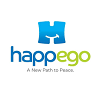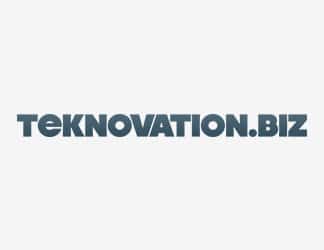 The Founder of a Knoxville start-up described as “the world’s only patented psychological priming app designed to improve attitudes and change behaviors in order to help people accomplish personal goals” will be pitching for $10,000 Sunday at a national conference on the West Coast.
The Founder of a Knoxville start-up described as “the world’s only patented psychological priming app designed to improve attitudes and change behaviors in order to help people accomplish personal goals” will be pitching for $10,000 Sunday at a national conference on the West Coast.
Lindsey Lieb says she launched Happego in 2018 in Knoxville “as an expression of her personal passion to help the world become a happier, more empathetic place one individual at a time.” The result is an app that flashes instant images on smartphones and other digital screens every time the device is awakened, in essence priming individuals with positive thoughts.
“We’re putting smartphones to good use to help people improve their lives as well their relationships with others,” Lieb says, an approach that she’ll be sharing as one of seven finalists during the American Psychiatric Association’s ‘Innovation Lab’ competition at The Moscone Center in San Francisco.
“Being named a finalist in the Innovation Lab competition is a tremendous honor,” Lieb says. “We look forward to showing how Happego is using innovative technology to help individuals from all walks of life be their best self so that we as an integrated society can also be our best.”
Criteria for determining the grand prize winner includes identifying a pressing problem in the psychiatric field; describing how the company will address the problem; and using an evidence-based, measurable approach to demonstrate the impact the innovation will have on psychiatry.
Lieb says that scientific studies indicate that psychological priming is just as effective as stated goal setting in helping people improve attitudes and change behaviors. In Happego’s case, its priming modules include health, fitness, diet, relationships, self-image, wealth building and compassion – to name a few.
The app is currently available for Android devices and will be available on Apple iOS this summer. Happego offers customized priming packages to help everyday people, mental-health clients, behavioral specialists, students and workplace employees improve attitudes, change behaviors and accomplish goals.

